Townhouse or Condominium – Can you tell the difference?
Let’s say you’ve decided that you don’t want to worry about the landscaping for a single family home, and in addition you don’t need a mega-mansion in the suburbs so you turn your interest to a condominium or townhouse. Now the question becomes, what is the difference between a townhouse and condominium and does it affect anything else such as financing. Or is it simply an architectural issue? Well you may want to read on because it’s deeper than that.
Searching for a townhouse or condominium in the MLS
You are in for ride when looking for condominiums or townhouses. This is because buyers differentiate each one architecturally. Townhouses have multiple stories in most cases and the neighbors are on each side. Condominiums are horizontal spaces. That’s nice but your lender and bank have a different criteria. They rely on the county assessor to determine the type of property associated with an address. You will find out that a property is a condominium when you thought it was a townhouse. The Property Use Description in the county assessor’s website is the key to understanding how the lender will view the property.
IF you’d like to be notified of homes automatically, click on receive properties as they come on the market. This will help stay on top of the market of new listings.
Understanding this difference is even more important when you find out that a condominium has a higher interest rate than a townhouse. If you are using a FHA loan, the community must be on the FHA approval list. There is a website that will help you confirm this, and you lender will be very familiar with this website. If you are using a conventional loan, the community will need to be “warrantable” to secure financing. Watch the video above to see how the appreciation compares for single family homes vs a condo/townhouse.
For additional information please call me at 480-326-8571.,

